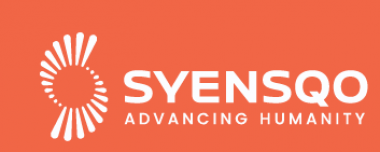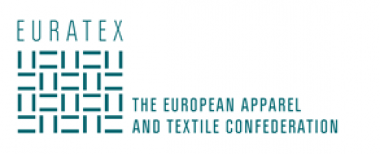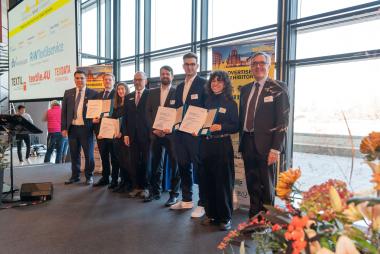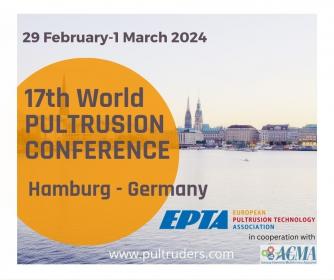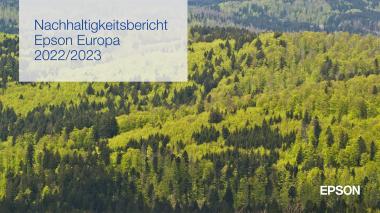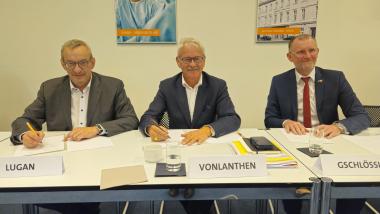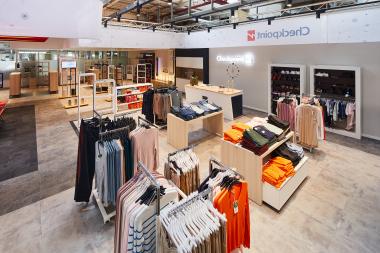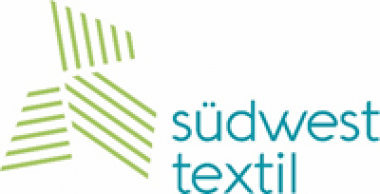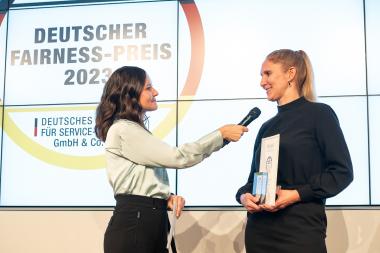Südwesttextil fordert mehr Bürokratieentlastung
Auf der Agenda des Bundestags steht vor Weihnachten noch das Bürokratieentlastungsgesetzes BEG IV, zu dem nach einem Kabinettsbeschluss bereits ein Eckpunktepapier vorliegt. Darin ist auch eine längst überfällige Änderung zum Nachweisgesetz vorgesehen. In seiner Position fordert der Wirtschafts- und Arbeitgeberverband Südwesttextil die Beseitigung bürokratischer Hürden u. a. bei der Arbeitsvertragsgestaltung, insbesondere dass die Textform die Schriftform ersetzt.
Zuletzt bedeutete die Anpassung des Nachweisgesetzes mit Wirkung zum 01. August 2022 einen Rückschritt für die erhoffte Vereinfachung und Digitalisierung der Arbeitsvertragsgestaltung. Es verpflichtete Arbeitgeber zur schriftlichen Niederlegung der wesentlichen Arbeitsbedingungen. Der Arbeitsvertrag muss wieder ausgedruckt, unterschrieben und dem Mitarbeiter in Papierform ausgehändigt werden. Lange Zustellzeiten und hoher Aufwand bspw. bei Niederlassungen im Ausland sind in Zeiten des Fachkräftemangels eine untragbare Situation.
Im Eckpunktepapier zum Bürokratieentlastungsgesetzes BEG IV ist nunmehr vorgesehen, die Schriftform durch die digitale Form zu ersetzen. Der Wirtschafts- und Arbeitgeberverband begrüßt den zeitgemäßen Schritt, bewertet die Bürokratieentlastung aber als noch nicht weitgehend genug. Im Ergebnis bedeute die Neuregelung keinen signifikanten praktischen Vorteil, da an die elektronische Signatur komplexe technische Anforderungen gestellt würden. Der Aufwand werde durch den Wegfall der postalischen Versendung zwar reduziert, Potenzial für eine echte Vereinfachung des Prozesses biete aber nur die Textform, die im Geschäftsverkehr heutzutage absolut üblich und anerkannt ist. Südwesttextil fordert daher, dass das Eckpunktepapier und der spätere Referentenentwurf dahingehend angepasst werden, dass die Textform ebenfalls zulässig ist, da diese einen signifikanten Bürokratieabbau bedeuten würde.
Südwesttextil Verband der Südwestdeutschen Textil- und Bekleidungsindustrie Südwesttextil e.V. Bürokratisierung Bürokratieentlastungsgesetz
Verband der Südwestdeutschen Textil- und Bekleidungsindustrie Südwesttextil e.V.













